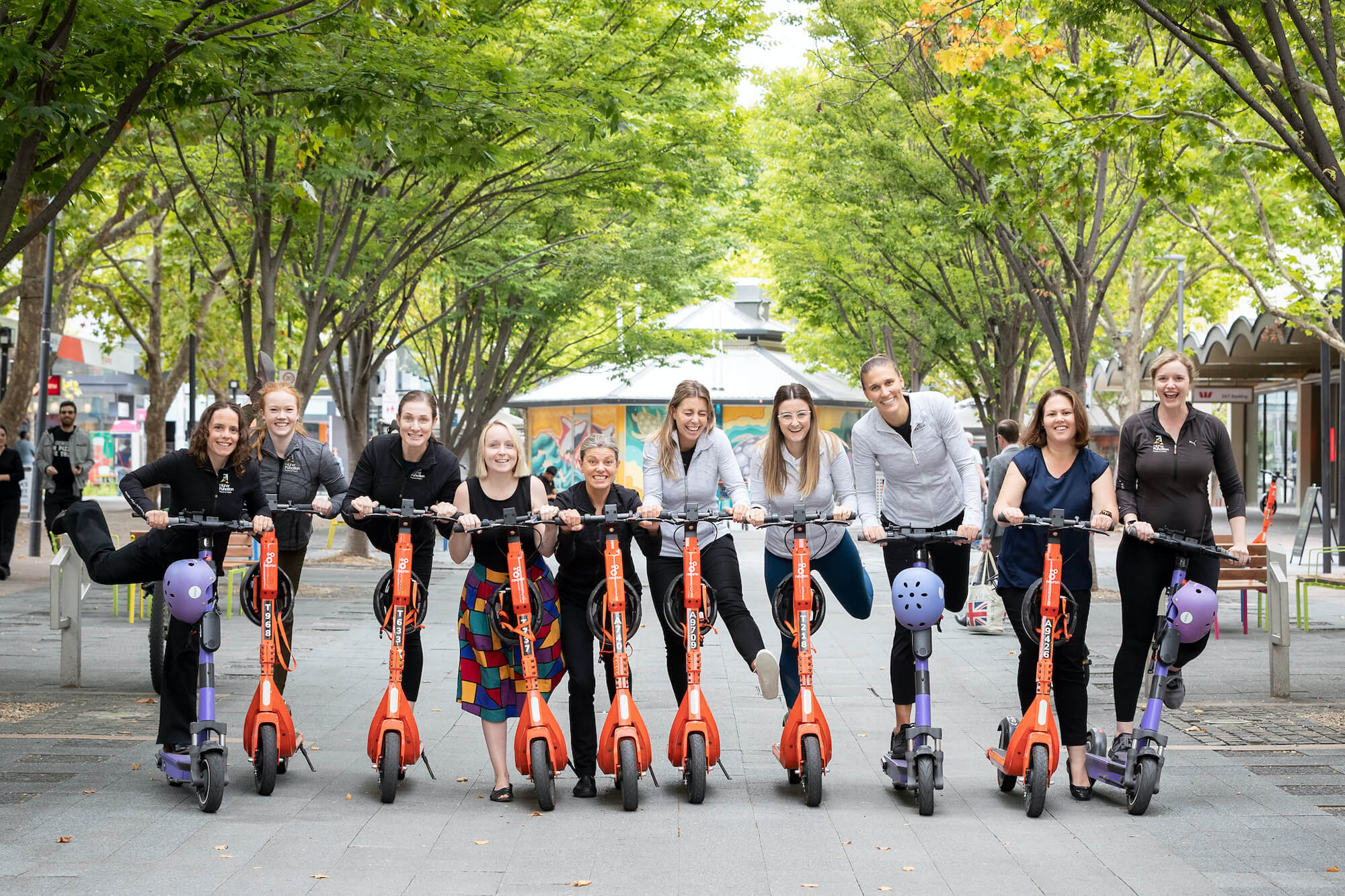By Andrea Rich – Physiotherapist
Frailty is defined as increased vulnerability resulting from aging-associated decline in function across multiple physiologic systems. It has been reported that people who are frail are physically active at a lower intensity. However, low intensity exercise is not as beneficial at preventing or reversing the affects of frailty then moderate to vigorous physical activity. Evidence suggests that it is more beneficial to do lower amounts of high intensity physical activity compared with a higher amount at a lower intensity.
Recommended physical activity for older adults
The recommended physical activity guidelines for older adults is 150min of moderate to vigorous physical activity each week. However, older adults report many barriers to physical activity such as medical conditions, fear of falling, self-consciousness and physical barriers.
Sedentary behaviours in older adults are around 57% of awake time. In adults who are frail, this increases to 70% of awake time. Adults who are frail are also sedentary for a longer duration each time.
Recommendations have been formed around reducing the amount of sedentary behaviour and breaking up periods of sedentary behaviour and then gradually increasing physical activity. These recommendations are aimed at increasing physical activity (moderate to vigorous) to reduce or reverse frailty.
Strength for Life
Have you heard about our Strength for Life Classes? Strength for Life is an exciting new evidence-based exercise program in the ACT, created by The Council on the Ageing (COTA) to help people over the age of 50 to safely improve their physical strength and fitness, at an affordable price. Classes are taught by experienced physiotherapists and exercise physiologists.
- Initial Assessment with a Physio or Exercise Physiologist: $85.00 (normally $185.00)
- Classes: $15.00 per class (sold as a package of 10, $150.00)
Assessment and classes are claimable from Private Health Insurers.
Read more about our Strength for Life Classes here.
References
Kehler & Theou, 2019


